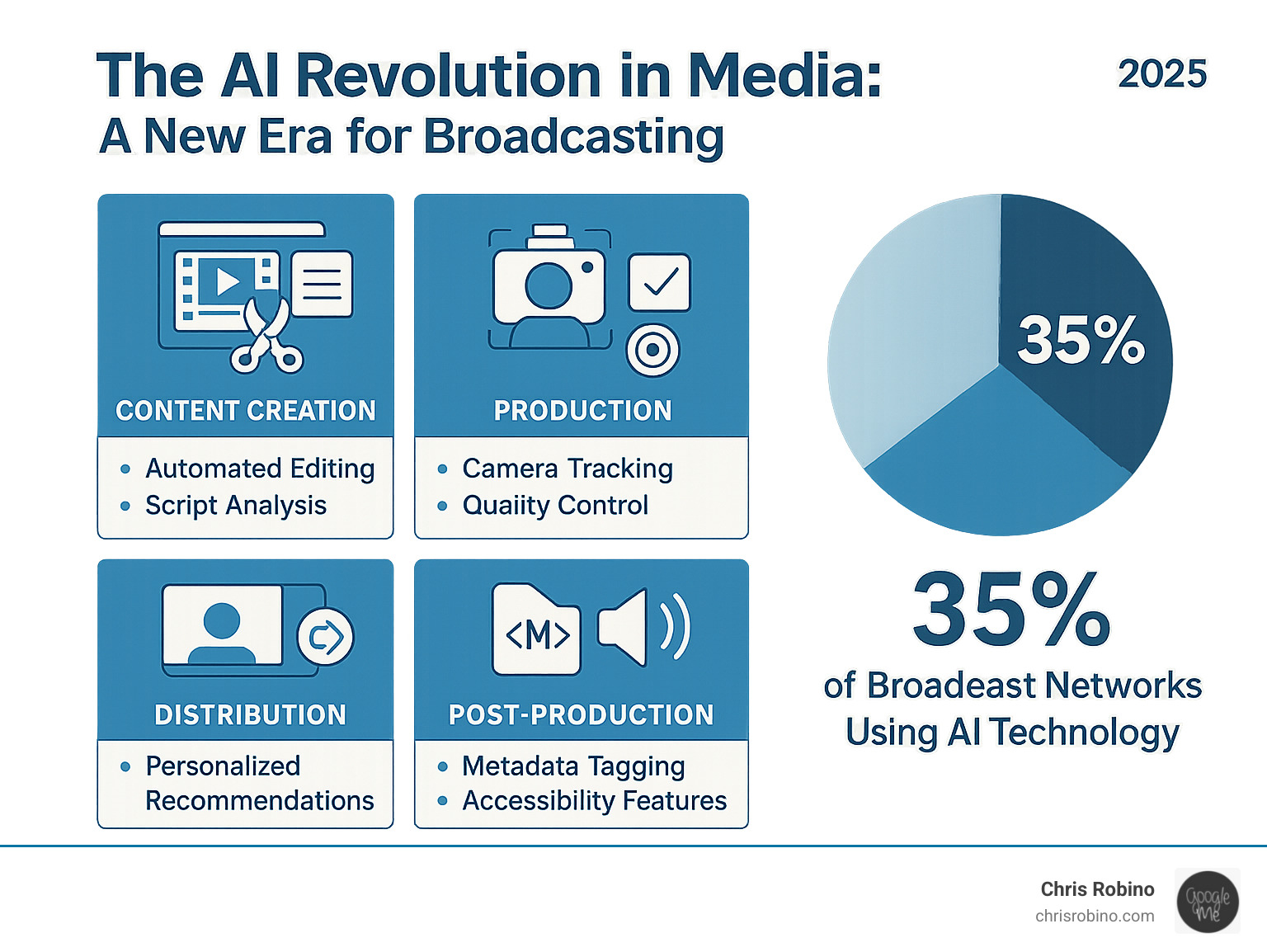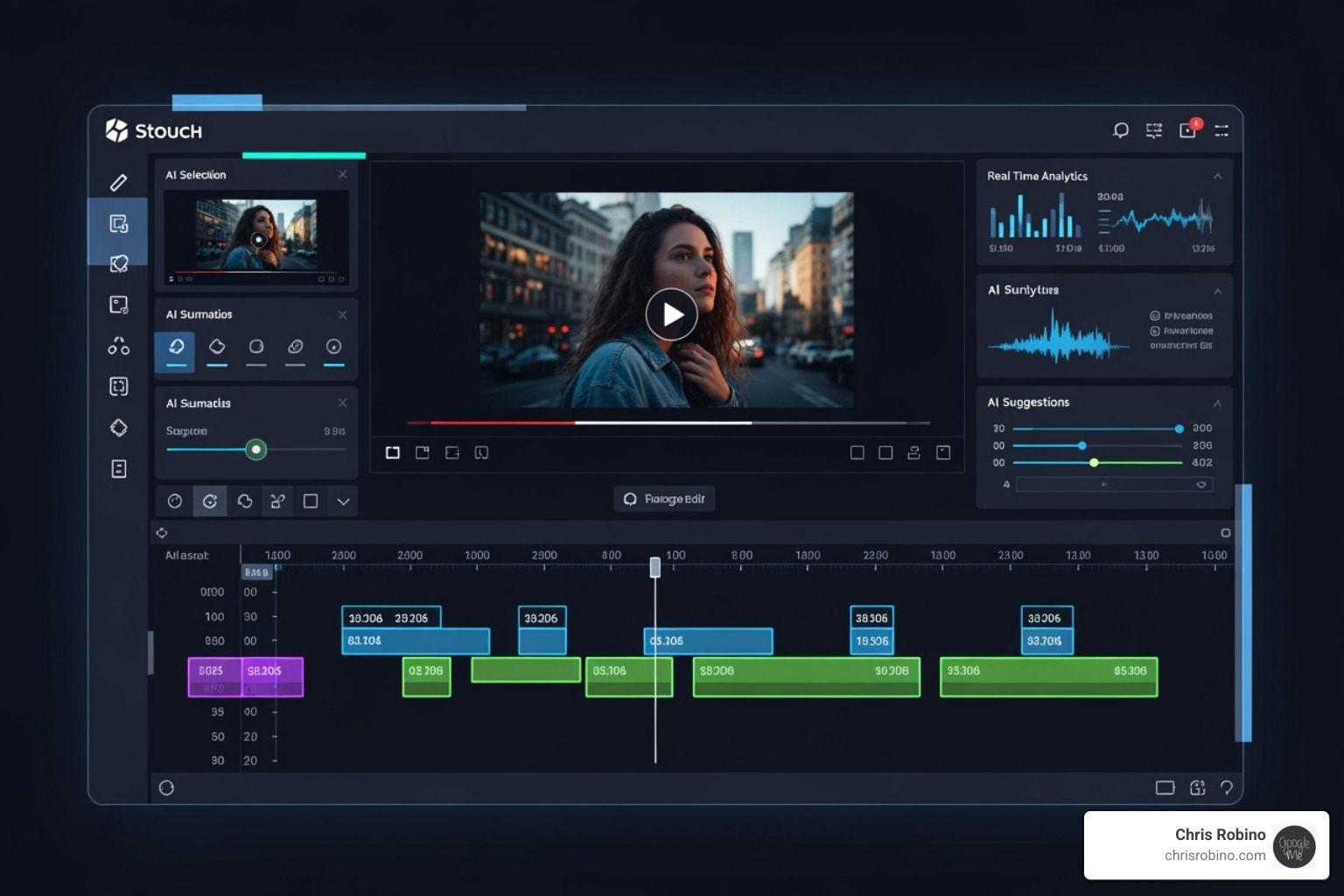Enterprise SEO: Scaling Strategy for Market Dominance
For large companies, Search Engine Optimization (SEO) is not just another marketing tactic; it’s a strategic imperative for market leadership. Enterprise SEO is a distinct discipline that moves beyond basic keyword targeting and link building. It addresses the unique challenges of scale, complexity, and organizational alignment inherent in managing websites with thousands, or even millions, of pages. It’s about building a durable strategic advantage by dominating organic search for an entire market segment.
The Core Pillars of Enterprise SEO:
- Technical SEO at Scale: Ensuring a flawless foundation that allows search engines to efficiently crawl, render, and index massive websites.
- Programmatic Content Strategy: Moving beyond ad-hoc articles to a scalable system for creating content that builds topical authority and meets user intent at every stage of their journey.
- Enterprise-Level Authority: Leveraging brand strength and strategic initiatives to build unparalleled trust and credibility (E-E-A-T) in the eyes of both users and search engines.
For many of the world’s largest companies, organic search is not just a marketing channel; it’s a primary driver of revenue and the digital front door for millions of customers. While the potential rewards are immense, success requires a sophisticated, integrated approach. Traditional SEO tactics that work for small businesses often fail when applied to the enterprise level due to technical debt, cross-departmental silos, and the sheer volume of content and data.
Navigating this landscape requires a shift in mindset. It’s less about quick wins and more about building a long-term, scalable organic growth engine. The focus turns to optimizing systems, not just pages, and influencing organizational processes to embed SEO best practices into the company’s DNA.
I’m Chris Robino, and I’ve spent over two decades helping large enterprises build dominant online visibility through strategic SEO and digital transformation. My experience spans from guiding Fortune 500 companies to scaling high-growth tech firms, focusing on creating sustainable organic growth engines that drive measurable business results.

The Core Pillars of a Winning Enterprise SEO Strategy

A successful enterprise SEO program is built on a foundation of technical excellence and a strategic, scalable approach to content. These are not one-time projects but ongoing processes that require continuous refinement and investment. Mastering these pillars is what defines market leaders.
Mastering Technical SEO at Scale
When a website has millions of URLs, small technical issues can cascade into catastrophic ranking problems. A robust technical SEO strategy is non-negotiable.
- Crawl Budget Optimization: Search engines have finite resources. For a large site, you must guide them to crawl your most important pages and ignore irrelevant ones. This involves meticulous management of the
robots.txtfile, strategic use ofnoindextags, handling URL parameters effectively, and analyzing server log files to understand exactly how search engine bots are interacting with your site. - Advanced Site Architecture: A logical site structure is crucial for both users and search engines. This often involves grouping related content into subdirectories (e.g.,
/mens/shoes/running) to create clear topical silos. A well-planned internal linking strategy ensures that authority flows from high-value pages to deeper parts of the site, helping more pages to rank. - Automated Schema Markup: Structured data (schema) helps search engines understand your content and can unlock rich results in search, like star ratings, prices, and FAQ dropdowns. At the enterprise level, this must be automated by embedding schema into page templates. This ensures that every new product, article, or job posting is published with the correct structured data without manual effort.
- International SEO: For global brands, serving the right content to the right audience is critical. This requires a clear strategy for country targeting (using either ccTLDs, subdomains, or subfolders) and flawless implementation of
hreflangtags to signal language and regional versions of a page, preventing duplicate content issues and improving user experience.
Building a Programmatic Content Engine
Enterprises cannot rely on crafting one blog post at a time. To win, they must build a content engine that operates at scale, systematically building authority around core business topics.
- Topic Clusters and Pillar Pages: This model involves creating a central, authoritative “pillar” page on a broad topic (e.g., “Cloud Computing”). This pillar page then links out to a “cluster” of more detailed pages covering specific subtopics (e.g., “What is SaaS?”, “Public vs. Private Cloud”). This structure demonstrates comprehensive expertise to search engines and helps establish the company as an authority.
- Programmatic SEO: This is the practice of creating pages at scale by leveraging data and templates. For example, a real estate marketplace might create thousands of pages for queries like “3 bedroom apartments in [City]”. The key to success is ensuring each programmatically generated page provides unique value, avoiding the creation of low-quality “thin content.” This can be achieved by incorporating unique data points, user-generated content, or other valuable information on each page.
- Content Audits and Pruning: Not all content is created equal. Large websites inevitably accumulate underperforming pages that can dilute overall site quality and waste crawl budget. Regularly auditing content to identify pages with low traffic, poor engagement, or outdated information is essential. Based on the audit, content should be improved, consolidated with other pages, or removed (pruned) entirely.

Execution, Authority, and Future-Proofing Your SEO

Having a brilliant strategy is only half the battle. The true challenge for large organizations lies in execution—integrating SEO into the corporate culture and building the kind of authority that is difficult to replicate. This is how enterprise SEO creates a lasting strategic advantage.
Enterprise-Level Authority and E-E-A-T
Search engines aim to reward content that demonstrates Experience, Expertise, Authoritativeness, and Trustworthiness (E-E-A-T). For large brands, this is less about chasing individual links and more about building a brand that naturally attracts authority.
- Digital PR and Link-Worthy Assets: Instead of manual outreach for links, enterprise SEO focuses on creating assets that journalists, bloggers, and industry experts want to cite. This includes publishing original research, creating data-driven reports, or developing free tools that provide value to the industry. Promoting these assets through digital PR generates high-quality, authoritative backlinks at scale.
- Showcasing Expertise: Trust is built on expertise. Large organizations should prominently feature the credentials of their authors and subject matter experts. This includes creating detailed author biography pages, citing sources rigorously, and ensuring that all content is fact-checked and kept up-to-date. For critical topics, having content reviewed by recognized experts adds another layer of credibility.
Organizational Integration for SEO Success
In a large company, SEO is a team sport. Lasting success is impossible if SEO is confined to a single department. It must be woven into the fabric of the organization.
- Cross-Functional Collaboration: SEO success depends on strong partnerships with other teams. The SEO team must work with engineering to implement technical fixes, with product teams to ensure new features are optimized from launch, with legal to navigate compliance, and with the broader marketing team to align on messaging and campaigns.
- Establishing an SEO Center of Excellence: A highly effective model for large companies is to create a central SEO team that acts as a “Center of Excellence.” This team doesn’t do all the work themselves. Instead, they set standards, create training materials, provide tools, and act as internal consultants to various business units, empowering the entire organization to make smarter SEO decisions.
- Measuring and Reporting on Business Impact: To secure ongoing investment and executive buy-in, SEO reporting must go beyond rankings and traffic. It needs to connect SEO performance to key business outcomes. This means tracking metrics like organic share of voice, growth in non-branded organic traffic, and, most importantly, the leads and revenue generated from the organic channel.
Conclusion: Building Your Lasting Digital Asset
Enterprise SEO is not a series of short-term tactics; it is the strategic construction of a powerful, long-term digital asset. By mastering technical SEO at scale, building a programmatic content engine, and embedding SEO within the organization, large companies can achieve a level of organic visibility that is nearly impossible for others to challenge.
The goal is to create a virtuous cycle where strong rankings drive more traffic, which in turn generates more data, brand signals, and natural links, further strengthening rankings. This is how market leaders are built in the digital age. Success requires vision, investment, and a relentless focus on providing value to the user. The companies that commit to this journey are not just optimizing a website; they are securing their future market dominance.
